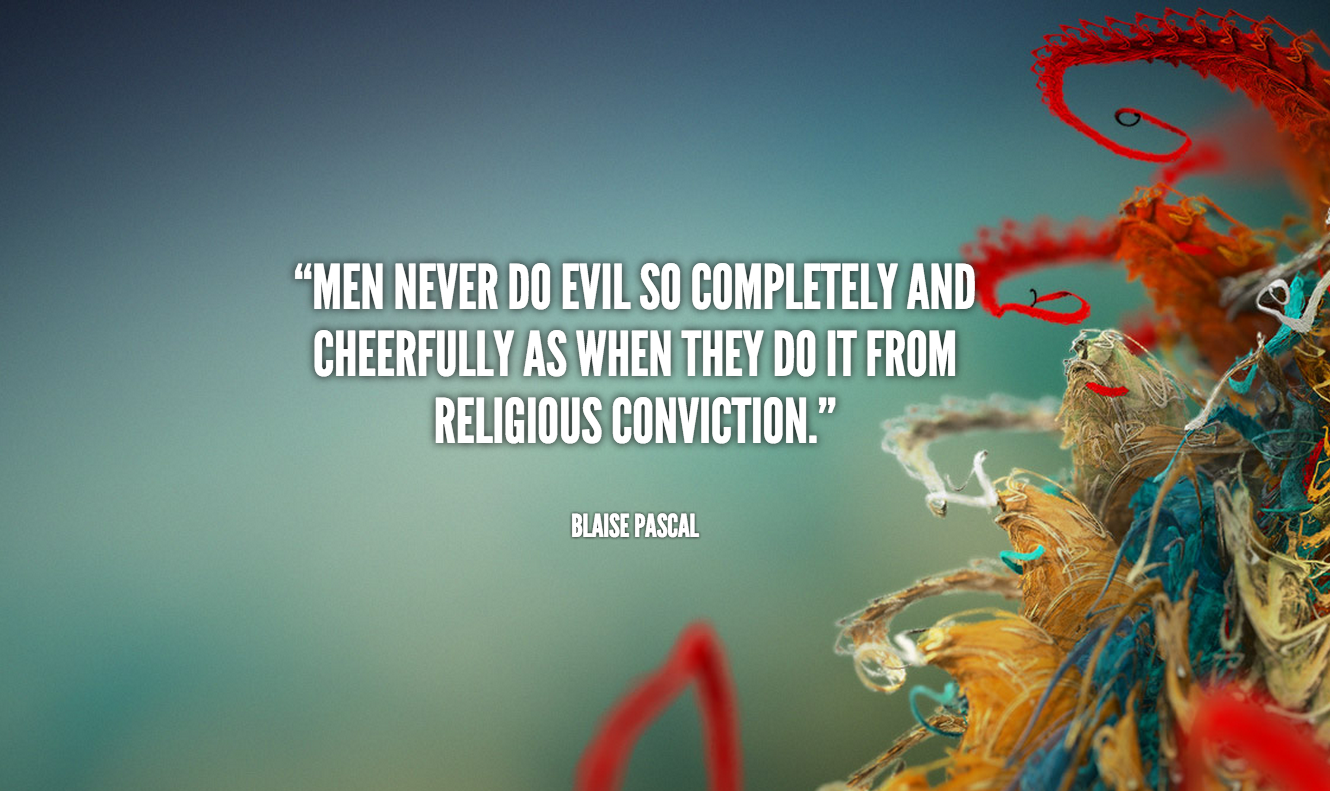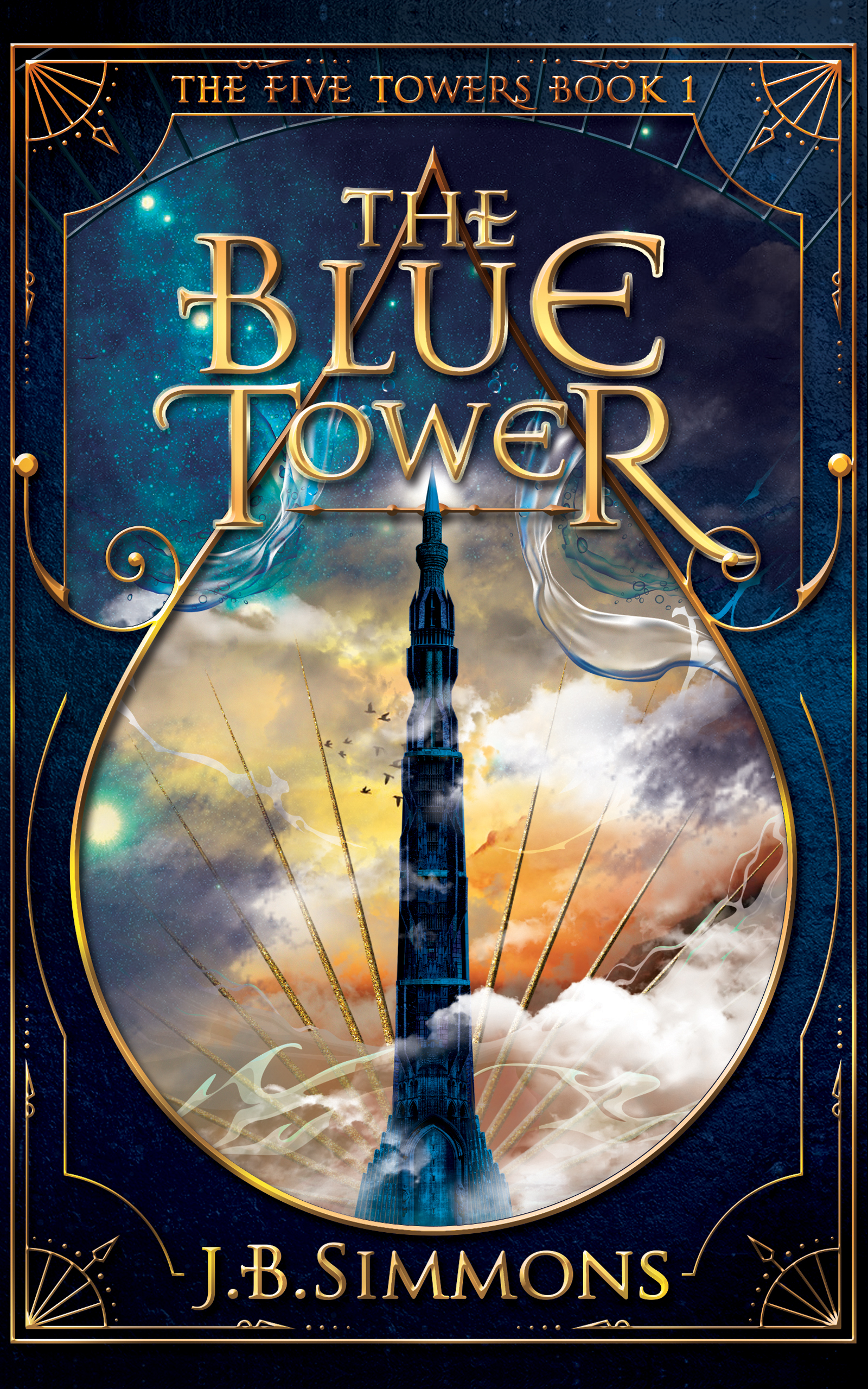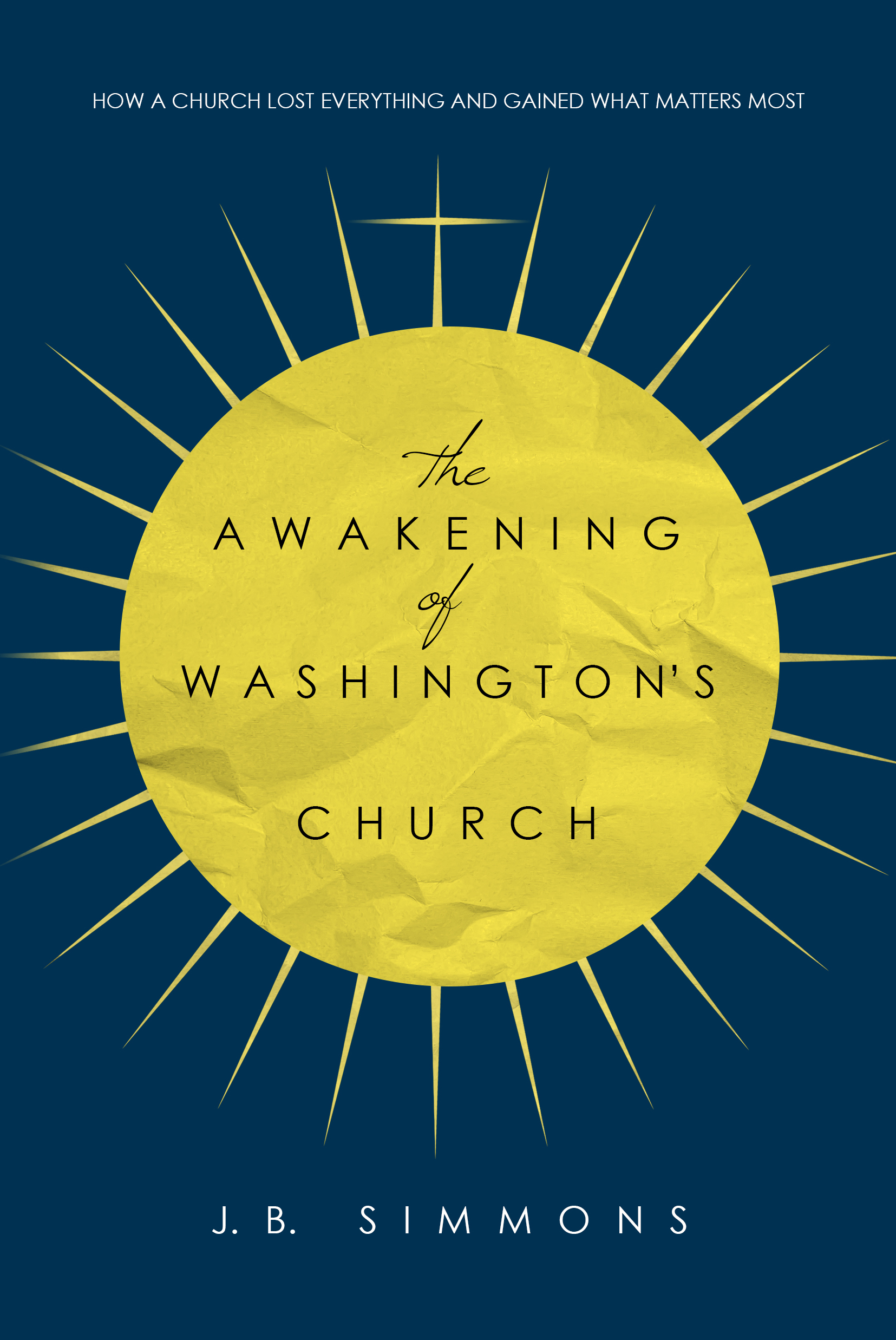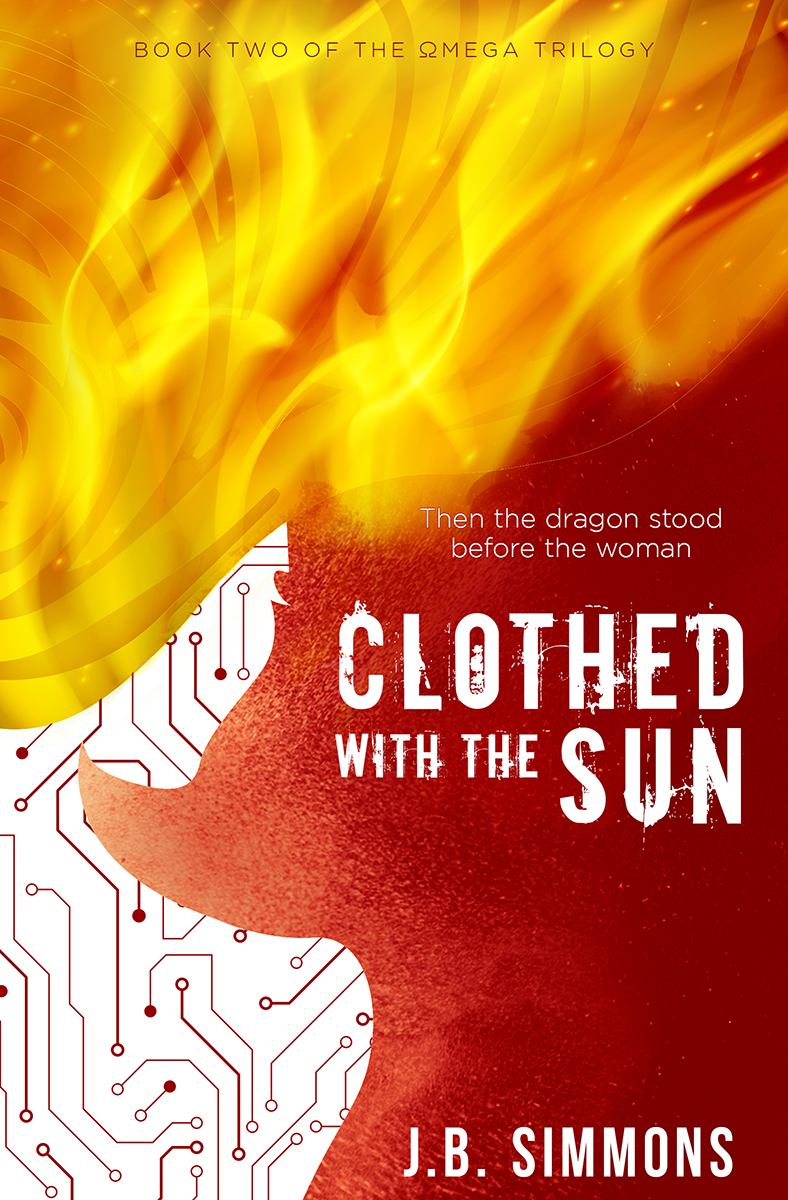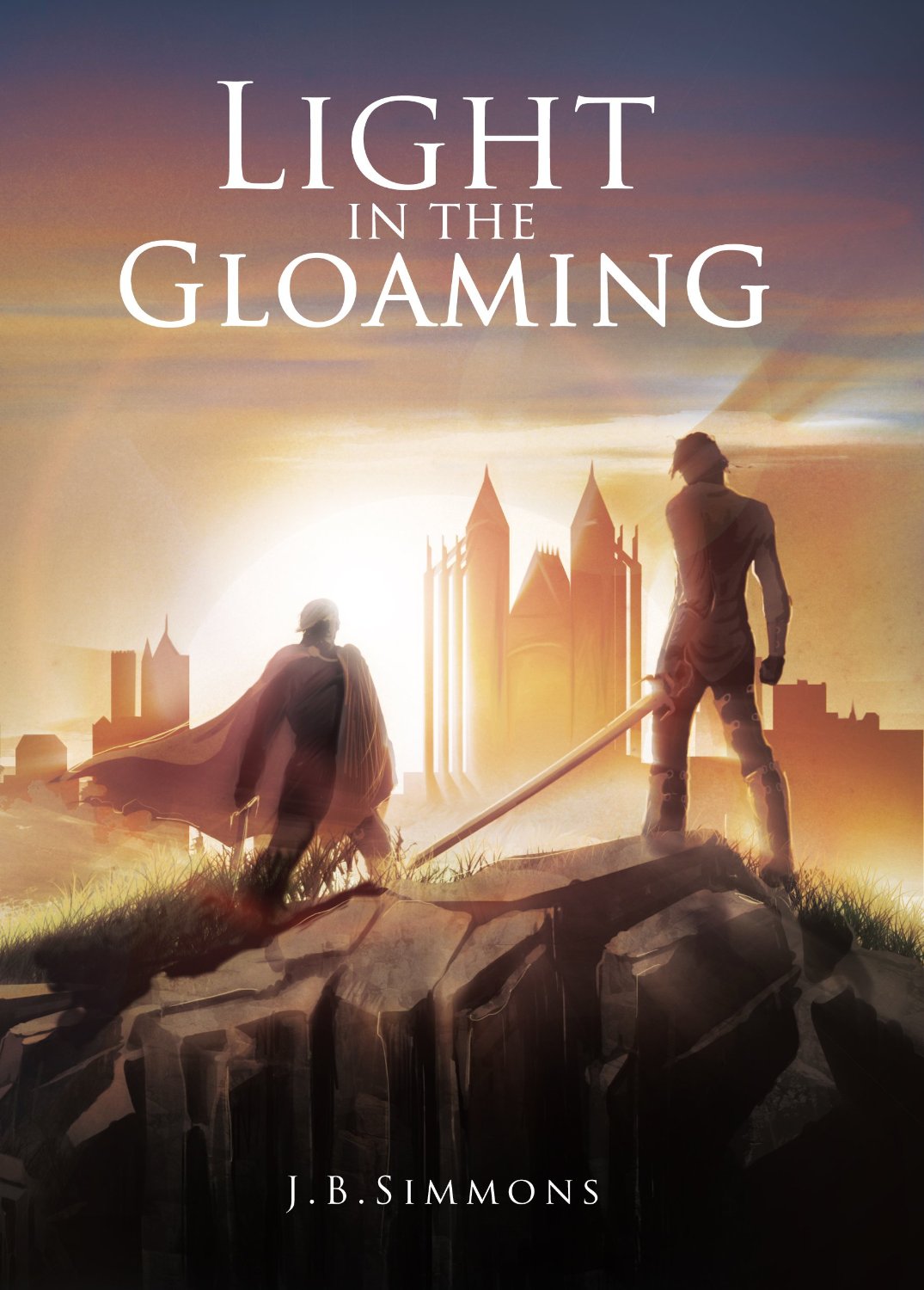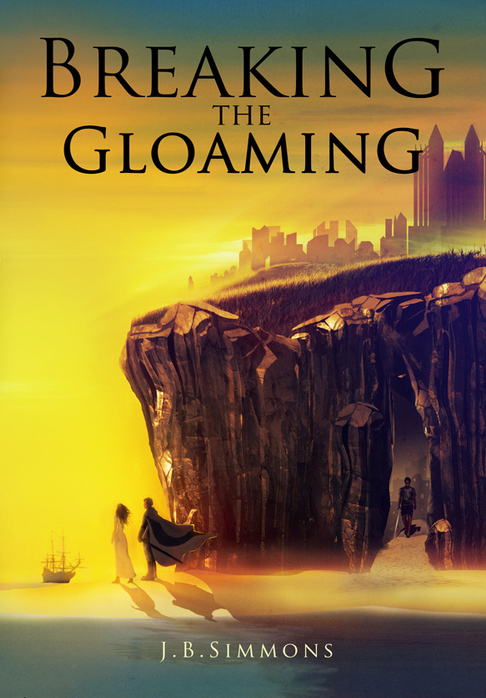Impending Revelation: The Millennium In A Nutshell
/If I swore to you that the end of the world is coming in 2066, would you care? How about if it’s coming tomorrow? Would you change your New Year’s resolutions?
Nope. You probably wouldn’t. And I would never swear to such a thing. Predictions about the end have proven wrong a thousand times over, so most of us don’t believe them anymore. No one “knows the hour.”
That’s why my book, Unbound, has a disclaimer: “This is fiction, not prophecy.” But that doesn’t mean it’s irrelevant. As I explained in the first post on this topic, what people think about the end can have a big impact on how we live today.
So, what do you think about the Millennium? Let’s look into it.
William Blake, The Ancient of Days (1794)
What Little We Know About The Millennium
Near the end of Revelation, before the final judgment, come a few cryptic lines that have puzzled and confounded the greatest theologians. But hey, maybe you’ll catch something they missed. Here’s what the book says:
Then I saw an angel coming down from heaven, holding in his hand the key to the bottomless pit and a great chain. And he seized the dragon, that ancient serpent, who is the devil and Satan, and bound him for a thousand years, and threw him into the pit, and shut it and resealed it over him, so that he might not deceive the nations any longer, until the thousand years were ended. After that he must be released for a little while. (Rev. 20:1-3)
Understand all that? Maybe you’re scratching your head. Why would anyone let the bad guy out of his chains? And how long, exactly, is “a little while”? Unbound wrestles with those hard questions.
But back to the thousand years. Maybe the next lines will help:
They [saints] came to life and reigned with Christ for a thousand years. The rest of the dead did not come to life until the thousand years were ended. This is the first resurrection. Blessed and holy is the one who shares in the first resurrection! Over such the second death has no power, but they will be priests of God and of Christ, and they will reign with him for a thousand years. (Rev. 20:4-6)
Remember, that was written in the 1st century AD. And it’s all we’ve got to go on. This leaves more hard questions. Is the thousand years literal? If so, is it still to come?
Three Theories About One Thousand Years
We humans are curious, especially about obscure religious texts. So, after a couple thousand years, you better believe lots of ideas have been thrown out there about the Millennium. Here are today’s three leading theories, each in one short line:
- Pre-millennials: Jesus will return in the future and reign over the world for 1,000 years.
- Post-millennials: Jesus is already reigning through the church, and the 1,000 years will end sometime in the future.
- Amillennials: The 1,000 years is symbolic of a long timeframe, and we’re in it.
The premillennials have a notable subset: the dispensationalists. They think believers will go to heaven (the Rapture), there will be seven years of wild disasters and chaos on earth (the Tribulation), and then Jesus will come again. If you’re a visual person, this graph should give you what you need.
Note that these three theories do not always align with the four broader theories of how to interpret Revelation. Idealists are generally amillennial. Futurists are generally pre-millennial. But these don’t have to match.
Dangers Of The Millennium And Other End Times Beliefs
During the Millennium, the world’s supposed to be a happy place. The good guy is on the throne. The bad guy is in chains. The saints are ruling with God.
Looking forward to this—to what comes after God’s judgment—can bring us hope. But danger lurks when people try to use these end times beliefs not to inspire hope, but to spark division and spur others to action.
If you’re skeptical of this potential impact, an extreme example might help. In the Middle East, the leader of the radical and brutal ISIS has been drawing heavily on Muslim prophecies to recruit and inspire his followers. Some even think the group’s “apocalyptic fever” affects its strategic operations. Here's a recent article on the topic.
Perhaps concerns about such radical views played a part in the Catholic Church’s long opposition to millennial teaching. They say, “The Antichrist’s deception already begins to take shape in the world every time the claim is made to realize within history that messianic hope which can only be realized beyond history through the eschatological judgment.” (Catechism art. 676)
Or, in plain words: if somebody starts using the end times for political or personal gain today, your warning bells should go off!
How to Approach the Millennium
Beliefs about the end times are important, even if we don’t have all the answers. These beliefs can be either enriching or dangerous. The key is to approach these prophecies, and especially the Millennium, with a heavy coating of humility and wonder.
So, I’ll spend the next few weeks swimming in humility and wonder, and in the next post we’ll get to the bottom of this pre-, post-, and a-millenial divide. (Hint: Saint Augustine and John Calvin sure seem closer to the mark than Tim LaHaye.)
Let’s make our words count -- J.B.



